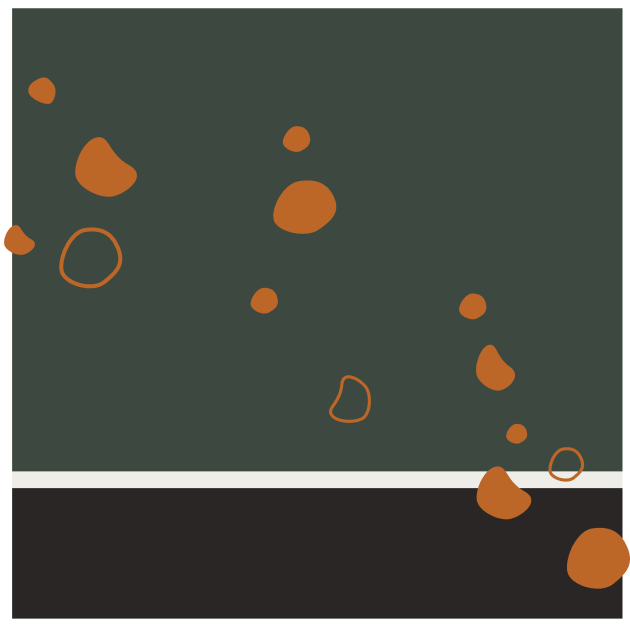
Djidi djidi network
First Nations knowledge holders working to heal Country through cultural practice, community voice & deep connection to place.

KNOWLEDGE SHARING
Djidi djidi, meaning Willie Wagtail, represents strength in knowledge, healing and voice.
The network exists to uphold cultural values in the care and management of Country, drawing on long-standing practices and the wisdom of generations.
Through a culturally safe and inclusive approach, the Djidi djidi network brings First Nations perspectives to the centre of forest healing — sharing knowledge, rebuilding practices, and reclaiming what has been lost. This is a space for truth-telling, empowerment, and restoring the voices of those disconnected from culture.
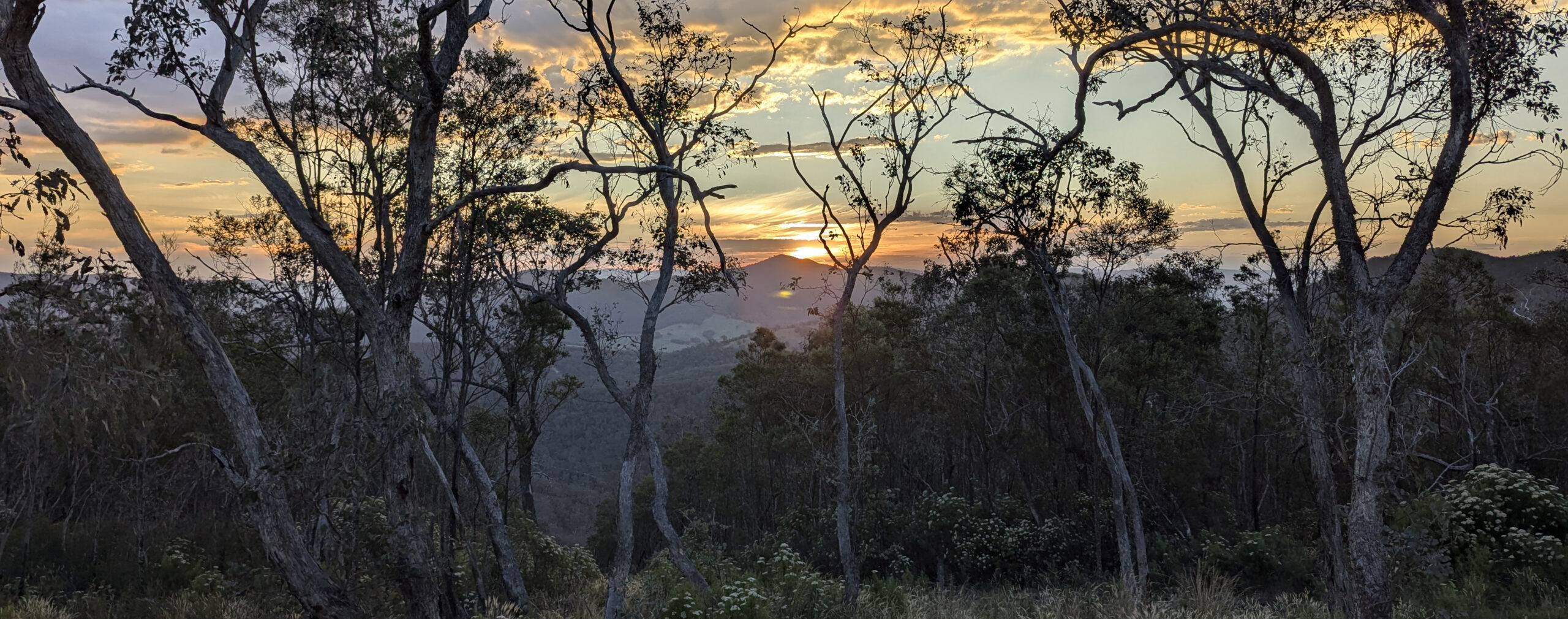

PHILOSOPHY
Why this matters
Cultural Intellectual Property
Cultural intellectual property is the right of First Nations Peoples to control and benefit from their cultural knowledge, languages, practices and innovations. This knowledge has shaped and sustained Country for millennia – but it has too often been used without consent. It is not public domain. It is held in trust through kinship, story and law. Respecting cultural intellectual property means seeking permission, upholding custodianship, and recognising the authority of knowledge holders. These rights are fundamental to ethical land management and environmental governance.
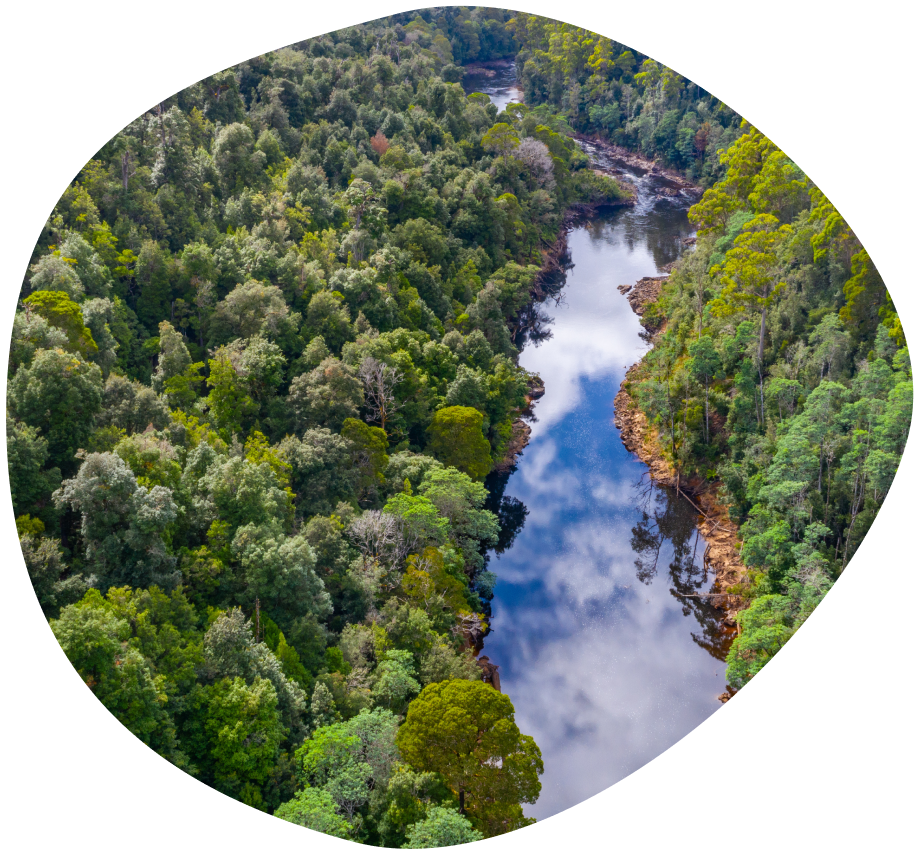
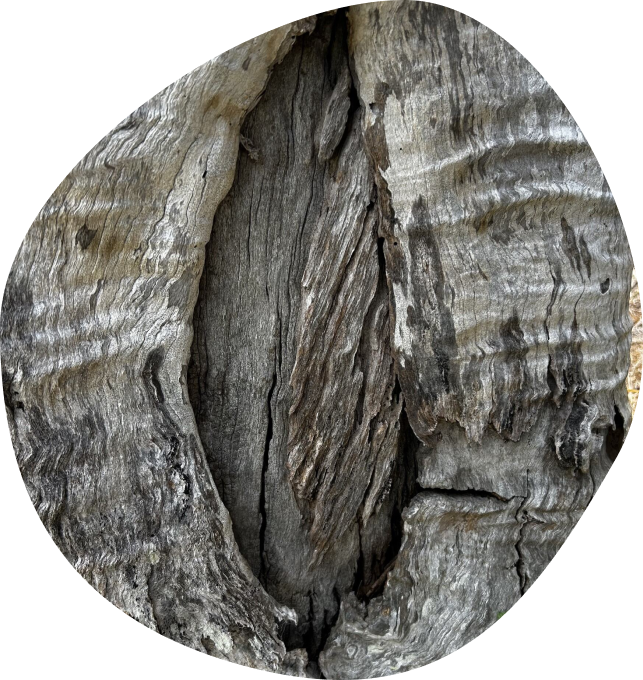
Sovereignty
Sovereignty is the unceded right of First Nations Peoples to speak for Country, uphold cultural law, and determine their futures. It exists in kinship systems, ceremonies, and deep relationships with land and waters. Sovereignty is not symbolic – it is lived. Environmental work that fails to recognise this is incomplete. Embedding First Nations sovereignty means listening deeply, yielding decision-making power, and supporting self-determination. True conservation cannot occur without it.
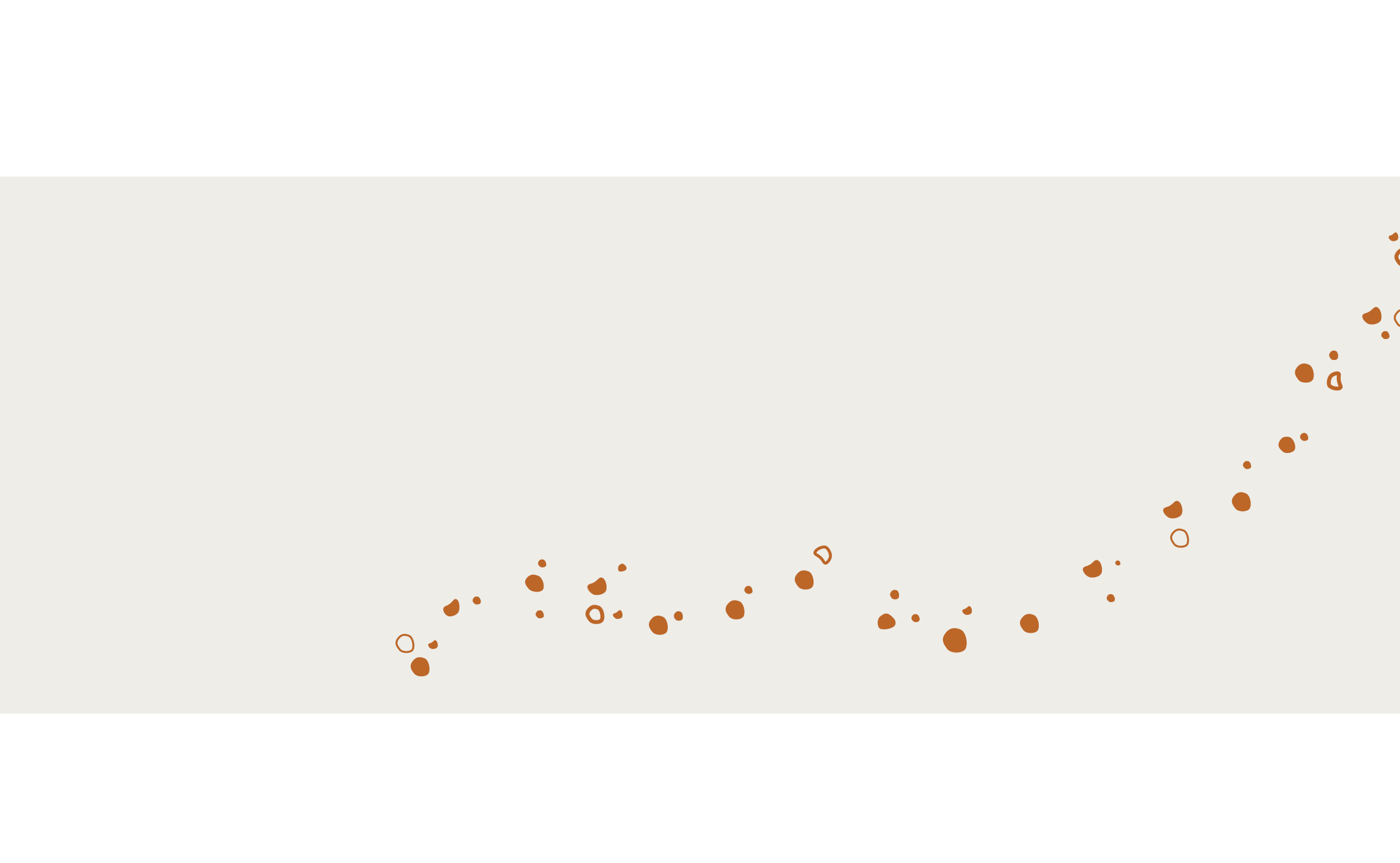
Traditional ecological knowledge
Traditional ecological knowledge – is a sophisticated, place-based system of understanding developed over thousands of generations. It encompasses fire, water, seasons, plants, animals, and the laws that guide right relationship with Country. This knowledge is held in languages, stories, ceremony and practice. It is not a resource to extract, but a way of knowing to be respected and centred. When forest wisdom leads, Country is healthier – and so are its people.
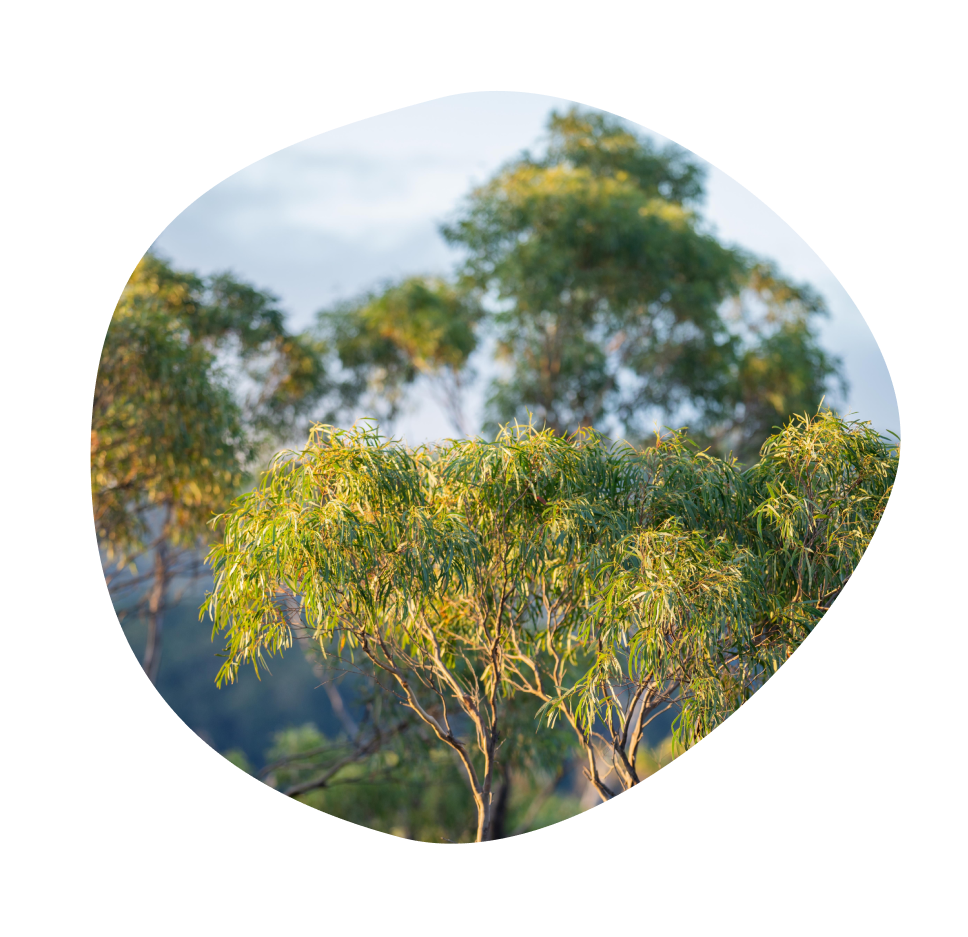
Lessons from forests, people & place
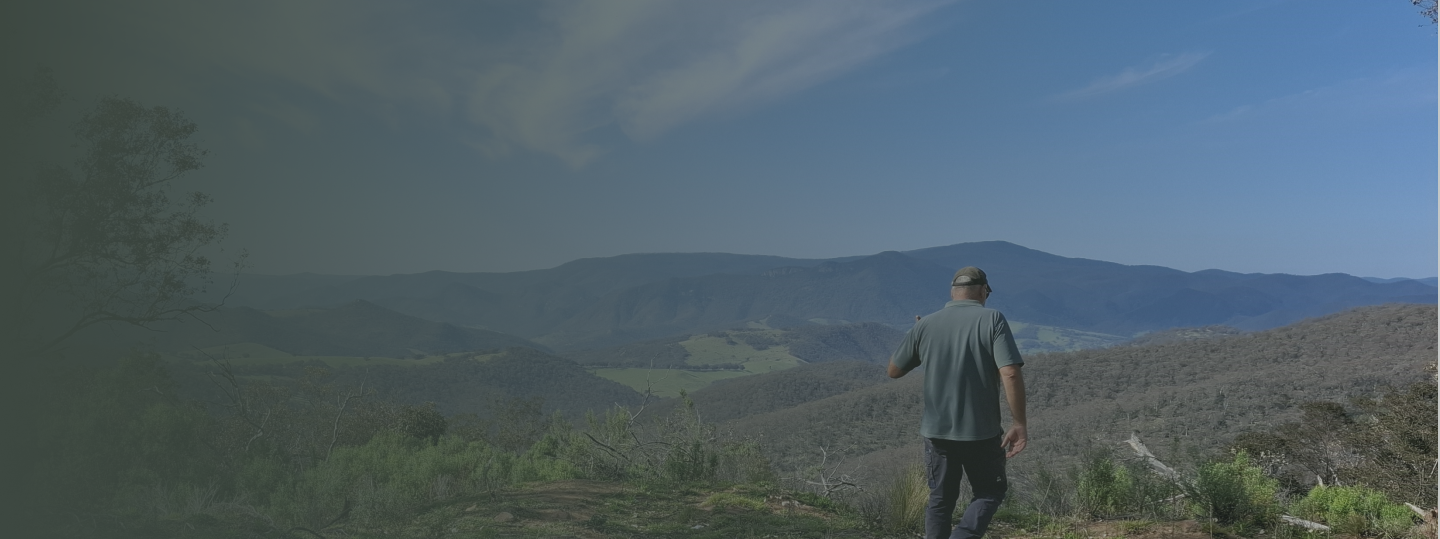
WALK WITH US
See how you can be part of the work.
Whether you’re learning, sharing, or getting hands-on, your contribution helps forests and communities grow stronger.

![]()
The Healthy Forests Foundation respectfully acknowledges Aboriginal people as the First Peoples and Traditional Custodians of the land and water on which we rely. We also pay our respects to ancestors and Elders, past, present and emerging.
First Nations people have actively cared for and managed Australian landscapes for millennia. The Healthy Forests Foundation is committed to tangible partnerships with First Nations people to ensure their Knowledge influences our practices and that our activities reinforce their Custodianship and assist them in caring for Country.
